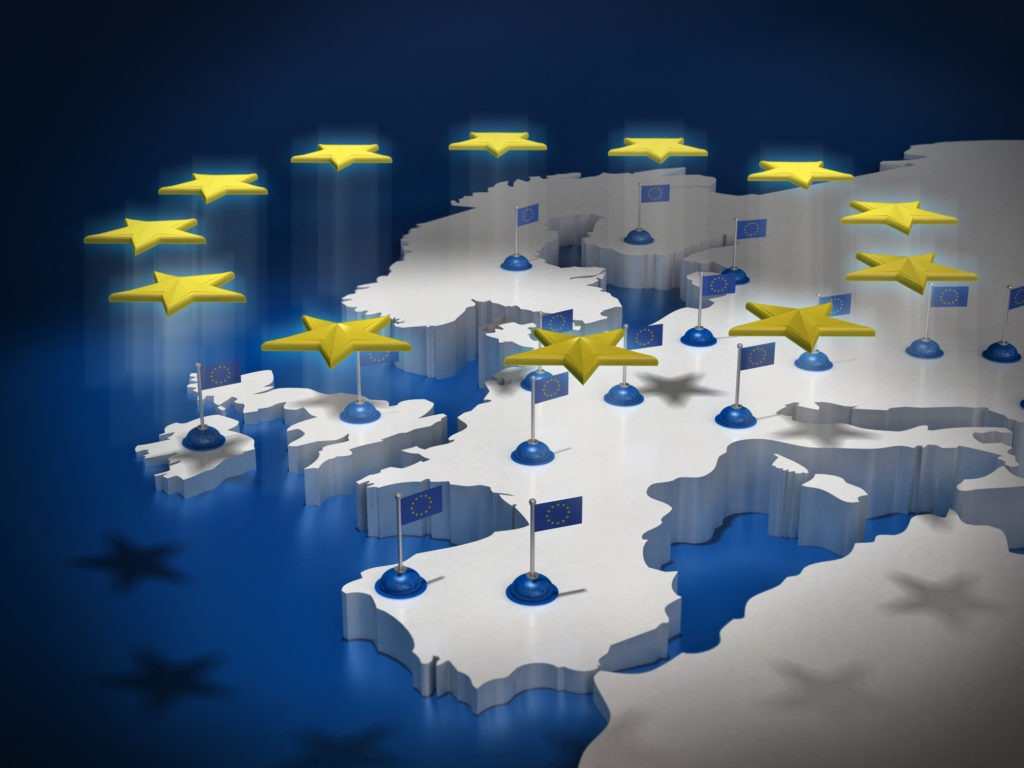Brexit effect leads to profit hits and financial services move as process continues
14 November 2017

14 November 2017
The UK’s plans for Brexit is having an effect on a number of different vehicle manufacturers, with declining sales and new procedures being put in place to survive when the UK leaves the European Union.
Sales in the country have declined for seven months in a row, partially due to increased taxes on vehicles through excise duty rises, but according to the Society of Motor Manufacturers and Traders (SMMT), the Brexit effect is also hitting sales. This in turn is hitting the profits of some of the world’s largest car manufacturers, as well as affecting the sales performance of the continent as a whole.
Speaking in July, Mike Hawes, SMMT chief executive, commented: ′The fall in consumer and business confidence is having a knock on effect on demand in the new car market and government must act quickly to provide concrete plans regarding Brexit. The lower demand in recent months will inevitably mean competition from manufacturers will intensify and it will be a good opportunity for consumers to get a great deal on their next car, with many exciting new models launched in the coming months.’
The uncertainly surrounding Brexit means that some manufacturers are not investing in their ranges, while the public is waiting to see what the financial impact of the split will be. In October, executives from a number of manufacturers met with the British Prime Minister to discuss their concerns, in order to get a clear view of what the UK plans to do, especially when it comes to import and export tariffs in case of a ′no-deal’ scenario.
The decline in sales in the UK, currently 4.6% down in the first ten months of the year, has led to Ford claiming that the situation is behind its £65 million (€74 million) in Europe. The company is the market leader in the UK, with the Fiesta and Focus models constantly topping monthly sales charts. Therefore, any decline in sales is going to hit the manufacturer, a situation it believes has occurred.
Ford posted a worldwide third-quarter net income of £1.2 billion (€1.4 billion) for the period ending 30 September, with strong SUV and pick-up truck sales in America helping the company’s fortunes. Results in South America, Asia and the Middle East were also generally positive.
In a media conference, Ford’s chief financial officer, Bob Shanks, commented: ′We saw a loss in Europe of €74 million, which was our first loss since the first quarter of 2015. This was nearly completely explained by Brexit effects but also affected by higher commodity costs along with the Fiesta launch effects. We expect to return to profitability in Europe in the fourth quarter and, of course, for the full year. Higher volume will drive the return to profitability. We expect production in Europe to be 116,000 units higher in the fourth quarter than the third quarter and 65,000 units higher than it was in the fourth quarter of 2016.’
Meanwhile, Volkswagen (VW) has confirmed that it is holding discussions with the Bank of England with a view to secure a UK banking licence, which will allow it to continue offering Personal Contract Purchases (PCPs) and other finance deals following Brexit. The company currently operates under a German banking licence facilitated by the EU passporting system, which allows it to offer services in countries on the continent without the need for separate licences.
This move highlights some of the individual areas that other manufacturers will need to look at, alongside import and export tariffs, in order to continue offering their services when the UK leaves the EU.
VW Financial Services’ chief executive, David Maloney, told the Financial Times: ′Discussions with the UK regulators, in particular the PRA, may result in VWFS making an application for UK banking licence. Should we pursue this path and establish a UK regulated retail bank, it would diversify our funding sources whilst helping to alleviate post-Brexit uncertainty and ensure we continue to provide lending products.’